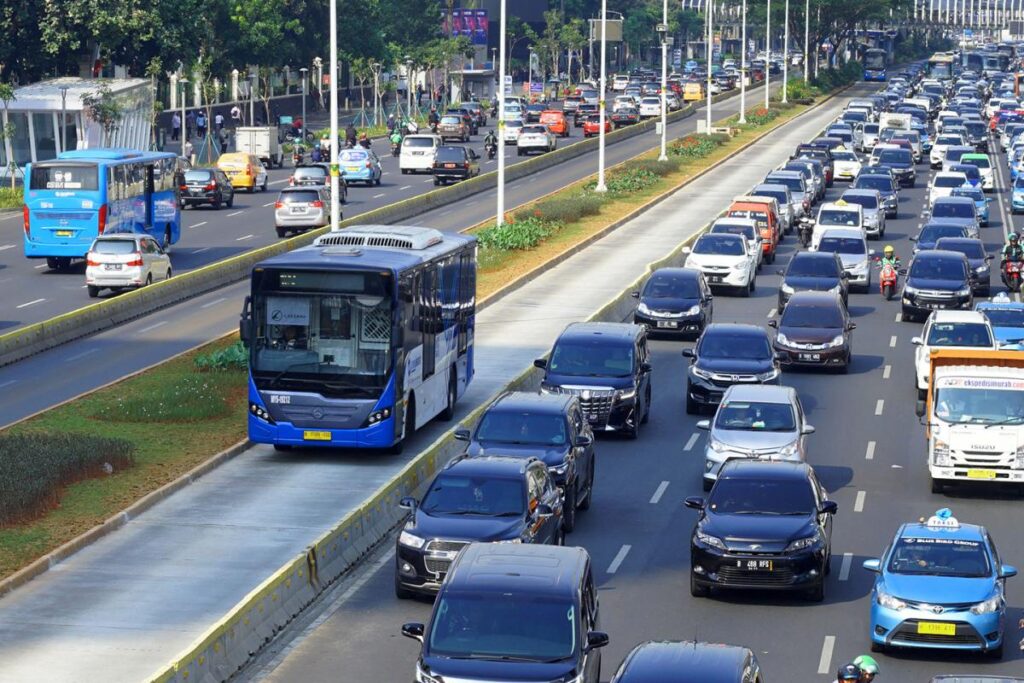
A climate-friendly and equitable transport system aims to reduce emissions, prioritize sustainability, and ensure accessibility for all while promoting social equity. The system improves overall quality of life, reduces congestion, promotes social equity, and prioritizes environmental sustainability. Also, it requires a holistic approach, integrating community engagement, behavioral shifts, policy changes, and infrastructure development, to create a more accessible and sustainable transportation network for all.
This structure pays attention to affordable, efficient, and accessible public transportation networks, including subways, trams, trains, and buses. These systems reduce congestion, individual car usage, and greenhouse gas emissions.
Also, it encourages active transportation through cycling, walking, cycling, and other non-motorized modes of transport including infrastructure improvements like safe crossings, pedestrian-friendly paths, and bike lanes. These modes reduce carbon emissions and promote physical activity.
The infrastructure promotes low-emission and zero-emission vehicles, such as electric buses, bikes, and cars, and incentivizes their adoption. The government invests in renewable energy sources for powering public transportation and this further reduces emissions.
Additionally, Urban Planning and Design is greatly focused on by minimizing urban sprawl, reducing the need for long commutes, integrating residential and commercial spaces around transit hubs, and designing cities with transit-oriented development (TOD) principles.
Equity and Accessibility of transport systems to all socio-economic groups, including marginalized communities can not be overemphasized. This involves addressing transportation deserts, considering the needs of people with disabilities, and providing affordable options.
Next, encouraging ridesharing and carpooling initiatives to reduce the number of single-occupancy vehicles on the road, thereby decreasing emissions and congestion. Also, promoting awareness campaigns to encourage people to adopt eco-friendly travel habits and use sustainable transport options. Education on the active modes of transport and the benefits of public transport is crucial.
In conclusion, implementing policies that support sustainable transportation, including incentives for using eco-friendly modes of transport, congestion charges, and carbon pricing. Effective governance and collaboration between stakeholder and authorities are vital for successful implementation of a climate friendly and equitable transport system.
Author
Peace
